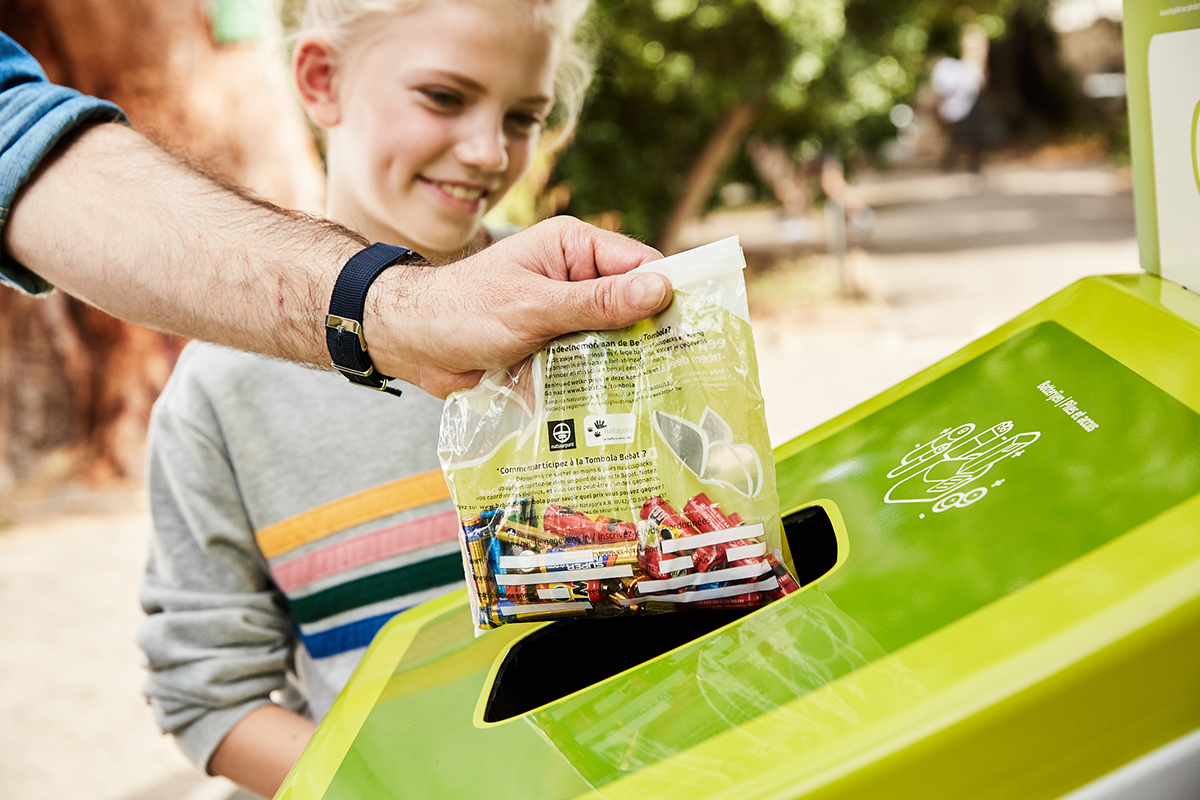
An attempt to digitalize, or automate, battery collection for recycling is underway in Belgium.
Electronics specialist Unitron Connect is collaborating with Bebat (the firm responsible for battery collection, sorting and recycling in Belgium) on the system, which uses smart sensors and is said to make the collection process safer and more efficient.
When it comes to the collection and recycling of batteries, Belgium is said to be a leader. As the use of batteries keeps growing, and batteries exist in an increasing range of types, sizes and compositions, there is scope for an expanded digitalization of the collection process, says Bebat. Automatically collecting information from the moment of storage onwards, can further improve the logistic process.
Bebat CEO Peter Coonen said his firm “wanted to improve the simplicity and safety of the collection process, and we also wanted a digital platform to monitor the process in real time.”
“It allows us to collect valuable data, in order to take well founded decisions leading to efficiency gains, guarantee safety and have a more positive impact on people and the environment.”
Unitron Connect designs and manufactures purpose-built wireless electronic solutions. The firm’s Jan Bogaert spoke about the specific requirements of this application. “For Bebat, our first step will be to measure the filling degree and the temperature of the collection bins. In the long run, the platform can be easily and quickly expanded for future functionalities, thanks to its flexible design.”
Any project in the Internet of Things space tends to be collaborative, said the firm. In this instance, the system uses IoT modules which interact with a proprietary Cloud solution.
“Think of the reduction in cost and the lower impact on the environment,” said Nele Peeters, Director of Marketing, Operations and Innovation at Bebat. “Our containers are fuller at the moment of collection, so we have to drive less kilometers to pick up the same amount of batteries. Furthermore, we pick them up just before they’re full, which is better for the people bringing their batteries in and for the collection points themselves.”







